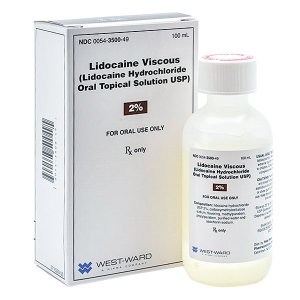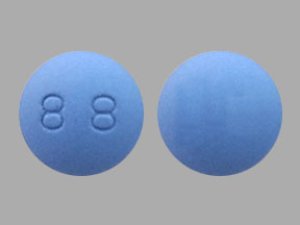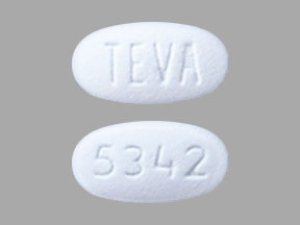From a public health perspective, early identification of important adverse events is beneficial. For example, a relatively rare adverse event might be detected during expanded access use, or such use might contribute safety information for a population not exposed to the drug in clinical trials. FDA is aware of a small number of cases in which clinical safety data from expanded access treatment was used to help assess the risks and benefits of the drug. In a very small number of cases, adverse event information from expanded access has contributed to safety information reflected in the FDA-approved labeling for a drug product. FDA is not aware of instances in which adverse event information from expanded access has prevented FDA from approving a drug. FDA reviewers of these adverse event data understand the context in which the expanded access use was performed and will evaluate any adverse event data obtained from an expanded access submission within that context. For example, FDA reviewers recognize that:
- expanded access treatment generally occurs outside a controlled clinical trial setting;
- patients who receive a drug through expanded access may suffer from a more advanced stage of the disease or condition than patients participating in a clinical trial;
- patients who receive a drug through expanded access may be receiving other therapies for their disease or condition at the same time as the drug they are receiving through expanded access; and
- patients who receive a drug through expanded access may suffer from one or more comorbidities.
All of these factors make it difficult to link an expanded access treatment to a particular adverse event. Moreover, it is extremely rare for FDA to place an IND on clinical hold due to adverse events observed in expanded access treatment.
Review of >10,000 expanded access INDs invoking >1000 commercial INDs revealed only 2 clinical holds (0.2%).

 Our Pill Pass® Drug List is only $6.99 or less and Shipping is FREE!
Our Pill Pass® Drug List is only $6.99 or less and Shipping is FREE!





